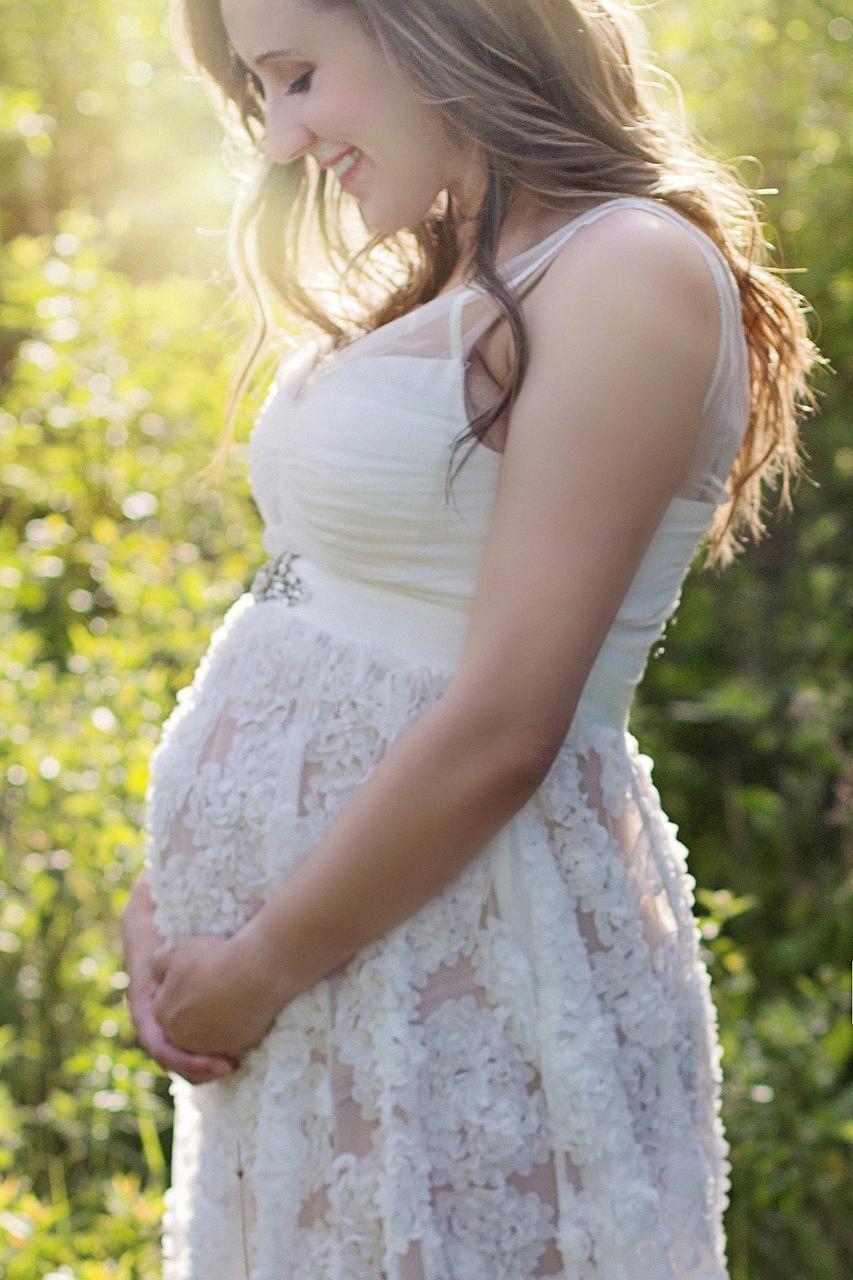Group B Streptococcus (GBS) is a type of bacteria that can be found in the vagina or rectum of some individuals without causing any symptoms. However, if a pregnant person is colonized with GBS and passes it on to their newborn during childbirth, it can lead to serious health complications for the baby. This is why GBS screening is a crucial part of prenatal care to prevent the transmission of the bacteria to the newborn.
The American College of Obstetricians and Gynecologists (ACOG) recommends performing universal GBS screening between 36 0/7 and 37 6/7 weeks of gestation. This timing is crucial because it allows for accurate detection of GBS colonization close to the time of delivery, providing the best opportunity for preventive measures to be taken to protect the newborn.
Screening for GBS at the recommended gestational age allows healthcare providers to identify pregnant individuals who are colonized with the bacteria and implement strategies to reduce the risk of GBS transmission during childbirth. The goal of screening is to ensure that appropriate interventions, such as administering antibiotics during labor, are put in place to prevent GBS infection in the newborn.
It is important to note that GBS screening is a routine part of prenatal care in the United States. Healthcare providers follow established guidelines, such as those set forth by ACOG, to ensure that all pregnant individuals are screened for GBS at the appropriate time during pregnancy. This standardized approach helps to protect both the mother and the newborn from the potential risks associated with GBS infection.
By conducting GBS screening during the specified timeframe, healthcare providers can accurately assess the colonization status of pregnant individuals and take proactive measures to prevent GBS transmission to the newborn. Early detection of GBS colonization allows for timely interventions, such as antibiotic administration, which can significantly reduce the risk of GBS-related complications in the newborn.
GBS screening is a simple and non-invasive procedure that involves obtaining a swab from the vagina and rectum of pregnant individuals. The swab is then sent to a laboratory for testing to determine if GBS is present. The results of the screening help healthcare providers make informed decisions about the appropriate management of GBS colonization during labor and delivery.
It is important for pregnant individuals to adhere to the recommended timeline for GBS screening to ensure that the results are accurate and reliable. Screening too early or too late in pregnancy may result in false-negative or false-positive results, which can impact the effectiveness of preventive interventions aimed at reducing the risk of GBS transmission during childbirth.
GBS screening is a standard practice in prenatal care that is aimed at protecting the health and well-being of both the pregnant individual and the newborn. By following the guidelines for universal GBS screening between 36 0/7 and 37 6/7 weeks of gestation, healthcare providers can identify GBS colonization early and implement appropriate measures to prevent GBS-related complications in newborns.
Overall, the timing of GBS screening during pregnancy plays a critical role in ensuring the effectiveness of preventive interventions to reduce the risk of GBS transmission to the newborn. By conducting screening at the recommended gestational age, healthcare providers can take proactive steps to protect both the mother and the baby from the potential consequences of GBS infection.
In conclusion, pregnant individuals should undergo GBS screening between 36 0/7 and 37 6/7 weeks of gestation as recommended by ACOG. By following the established guidelines for GBS screening, healthcare providers can accurately identify GBS colonization and implement preventive strategies to safeguard the health of both the pregnant individual and the newborn.

